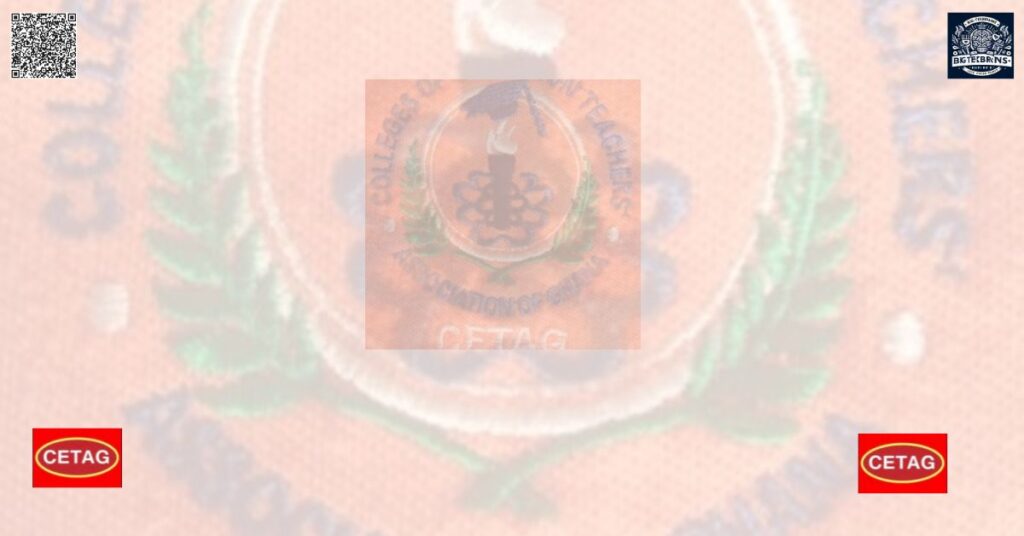Excerpt
The Colleges of Education Teachers Association of Ghana (CETAG) is a professional body representing educators within Ghana’s public colleges of education. Established to advocate for the rights and welfare of its members, CETAG plays a pivotal role in shaping teacher education in the country.
Historical Background
CETAG was formed to unify and represent the interests of teachers in Ghana’s colleges of education. Over the years, it has been instrumental in championing professional development, advocating for better working conditions, and influencing educational policies to enhance teacher training.
Constitutional Role and Mandate
As a professional association, CETAG’s primary mandate includes:
- Advocating for the professional and economic welfare of its members.
- Engaging with governmental and educational stakeholders to influence policies affecting teacher education.
- Promoting high standards in teacher training and education.
Organizational Structure
CETAG operates through a structured hierarchy to ensure effective governance and representation:
National Delegates Conference:
- The highest decision-making body, comprising representatives from all member institutions.
National Executive Council:
- Elected by the conference to oversee the association’s activities and implement policies.
Regional Branches:
- Facilitate localized operations and address region-specific concerns.
Institutional Representatives:
- Serve as liaisons between individual colleges and the national body.
Leadership and Ranks
The leadership structure of CETAG includes:
- President: The chief spokesperson and leader of the association.
- Vice President: Assists the president and may act in their absence.
- General Secretary: Handles administrative duties and correspondence.
- Treasurer: Manages the association’s finances.
- Regional Coordinators: Oversee activities within their respective regions.
Mode of Appointment or Recruitment
Leaders and representatives within CETAG are typically elected through democratic processes during the National Delegates Conference. Members nominate and vote for candidates to fill various positions, ensuring transparent and fair leadership selection.
Affiliated Offices and Units
CETAG collaborates with various bodies to achieve its objectives:
Ghana Education Service (GES):
- Works closely to align teacher training with national educational standards.
National Council for Tertiary Education (NCTE):
- Engages in policy discussions affecting tertiary education.
Teacher Trainees Association of Ghana (TTAG):
- Partners to ensure a seamless transition for trainees into the teaching profession.
Constitutional Reforms
To remain relevant and responsive to the evolving educational landscape, CETAG periodically reviews its constitution. These reforms aim to address emerging challenges, incorporate best practices, and enhance the association’s governance structures.
Achievements
Throughout its existence, CETAG has accomplished significant milestones:
Improved Conditions of Service:
- Successfully negotiated better salaries and benefits for its members.
Professional Development:
- Organized workshops and seminars to enhance teaching competencies.
Policy Influence:
- Played a key role in shaping policies that govern teacher education in Ghana.
References
- https://generisonline.com/an-overview-of-the-education-system-in-ghana-structure-and-government-oversight/
- https://colemanpublication.com/education/list-of-public-colleges-of-education-in-ghana-and-their-locations/
- https://coverghana.com.gh/ttag-adopts-and-promulgates-new-constitution-for-teacher-trainees/
- https://cemis.gtec.edu.gh/resources/Teacher%20education%20policy%20and%20institutional%20development/Presentation_Colleges%20of%20Education_%20the%20journey%20so%20far.pdf
- https://ges.gov.gh/wp-content/uploads/2020/08/organizational_Chart_GES.pdf
- https://ghanateachers.com/about-us/how-gnat-works

